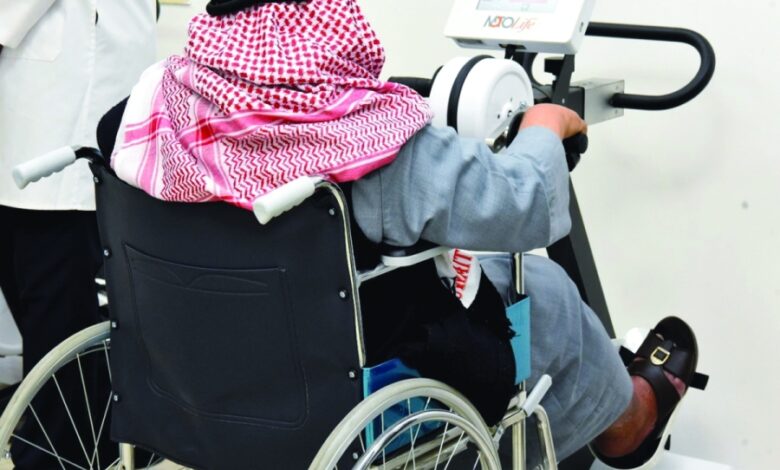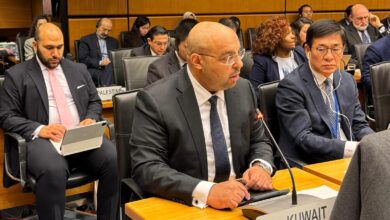“Health Ministry” launches national survey to improve elderly care

The Ministry of Health, in collaboration with the Kuwait Foundation for the Advancement of Sciences, has launched the National Survey of Elderly Health, a groundbreaking initiative aimed at understanding the health and social needs of Kuwait’s senior citizens.
This survey seeks to identify the challenges faced by the elderly and develop tailored health policies, programs, and services that promote healthy aging, enhance quality of life, and uphold their dignity and well-being. By addressing these critical issues, the initiative aims to benefit not only the elderly but also their families and the wider community.
The Department of Elderly Services at the Ministry of Health emphasized that the survey is a response to the growing elderly population in Kuwaiti society and the challenges that come with it, particularly the need to enhance health and social service infrastructure.
Moreover, with the increasing prevalence of chronic diseases placing a greater burden on the healthcare system, the project aims to support the development of a more efficient and responsive healthcare framework. By ensuring high-quality care for the elderly, this initiative aligns with the broader goal of promoting “healthy aging” and improving overall well-being.
The administration stated that the National Survey of Elderly Health focuses on citizens aged 65 and above, aiming to gather comprehensive data on their living conditions, exposure to environmental risks, chronic diseases, and levels of physical activity. The survey will also assess health risks such as falls and fractures, providing valuable insights to enhance healthcare services and improve the overall well-being of the elderly population.
The survey will also assess social isolation, cognitive, psychological, sensory, and motor abilities, as well as the level of frailty among the elderly. Additionally, it will evaluate the quality of healthcare services and the extent of their need. The well-being of caregivers will also be taken into account to strengthen the family support system and ensure comprehensive care for the elderly.
Scan Mechanism Details
The administration explained that the survey participants will be chosen using a random sampling technique in collaboration with the Public Authority for Civil Information. A specialized team of two to three members will visit the participants’ homes after scheduling an appointment in advance to ensure a smooth and organized data collection process.
To ensure credibility and transparency, the administration confirmed that the elderly person and their family will receive a prior phone call to verify the names of the screening team before the visit. Additionally, each team member will carry an official ID card featuring a QR code linked to the Ministry of Health’s website, allowing for easy verification of their identity.
Home Visit and Survey Details
The administration noted that home visits will be conducted twice daily to accommodate the needs of the elderly and their families. The first period will be in the morning from 8:00 am to 12:00 pm, while the second will take place in the evening from 4:00 pm to 8:00 pm, ensuring flexibility and convenience for participants.
The questionnaire will be conducted electronically using dedicated tablets carried by the fieldwork team. Each home visit will take between 90 and 120 minutes and will include a detailed interview with the participant, along with physical measurements to assess overall health.
These tests will include blood pressure measurement, hearing and vision assessment, a balance test, lung function examination, and hand grip strength measurement. The administration emphasized that no blood samples will be required.
Guarantee of information and scanning duration confidentiality
The Ministry emphasized that all collected data will remain strictly confidential under the policies set by the Information Systems Department, with the survey expected to span 6 to 12 months, during which the data will be analyzed to aid decision-makers in enhancing health services for the elderly in Kuwait.
Survey Participation Incentives
The Ministry stated that, beyond improving health services for the elderly, cases needing intervention will be referred to specialized health centers for proper care, while participants will also help build a national database to support future strategic planning for health and social services.
Source: Al Rai












